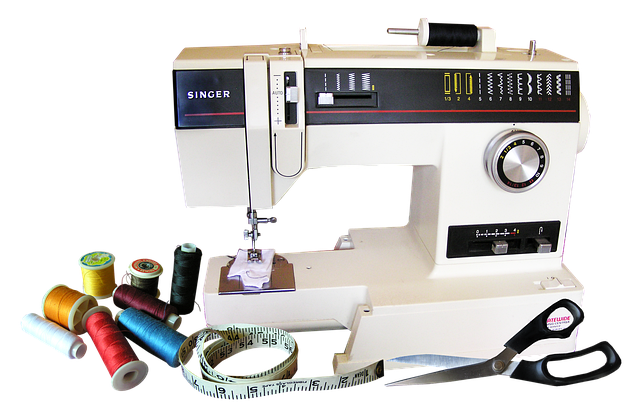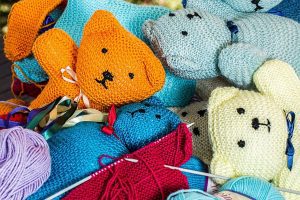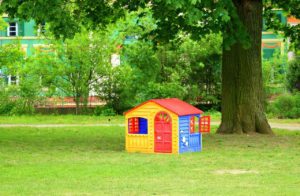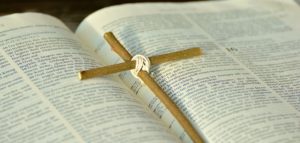Have you taken up sewing as a new hobby? Are you considering buying a sewing machine to polish your skill? Buying high-quality sewing machines for beginners take a little market research, such as your budget, what kind of machine would be best for you, and which brand or model. Here we cover some basic things you should consider before buying your first sewing machine.
Table of Contents
Uses of Sewing Machines
Before you start with the sewing machine, the very first thing you should learn is to operate the sewing machine. There are different types of machines designed for specific needs. Typically, sewing machines are used for stitching clothes, but they can be used for multiple purposes, from stitching a simple cloth to creating a designer dress. Apart from these primary uses, sewing machines are used in several ways in the fashion and garments industry.
Let’s check out some different uses of the sewing machine,
- Sewing machine stitches are used for creating fashionable clothes, designer pillow covers, curtains, tablecloths, shopping bags, and much more.
- Sewing machines complete the necessary stitches for soft toys & teddies, wall hangings, doll clothing, etc.
- They are used for quilting, embroidery, and clothing repair.
- At a domestic level, it is used for various purposes, such as stitching regular clothes, crafts, mending, etc.
Types of sewing machines available in the market
Mechanical sewing machine
Mechanical machines are easy to use and affordable, and if you are a beginner, they are perfect for your daily practice.
Serger machine
The serger machine is also referred to as an overlock machine. This machine is perfect for purposes like hem and seam, and it provides finishes to the edges with an overlock stitch as the fabric passes through the device to prevent any fraying.
Computerized Sewing machine
Computerized sewing machines are built with internal computer systems that help control the machine settings and have automated features rather than typical knobs and dials.
Coverstitch Sewing machine
This one is best if you want a professional touch to your stitching work. It provides the finishing touch and makes the hems look neat. Coverstitch machines do not trim the fabric, unlike sergers.
Embroidery Sewing machine
Ideal for those who are interested in embroidery stitching. An embroidery sewing machine is used to embroider patterns onto fabric instead of sewing it together. Well, there are machines available that can stitch and embroider simultaneously.
Few More Considerations
Weight and Size
When buying your first sewing machine, you must consider the size. Sewing machines come in various sizes, from portable models designed for travel to larger ones that can handle heavier projects and thicker materials.
Number of Stitches Built-In
Check the number of stitch options, which range from a few simple stitches to more than a hundred. For beginner crafts, this can include basic stitches like a straight stitch, a reverse stitch, a zigzag stitch, and a buttonhole stitch. The feature to adjust stitch length, breadth, and tension is equally crucial in sewing machines.
Self-Threading Potential
Nowadays, many sewing machines have automatic threaders that simplify the process and are easy to use. They typically have a few little levers and hooks.
These built-in threading mechanisms save time and effort by doing the work for you.
User-Friendly Features
- Automated thread cutter
- Speed control
- Drop-in bobbin
- Presser’s feet
- Built-in work lights
Now you have an idea about the types of sewing machines available in the market for beginners and what you should consider before buying your first machine.
Featured Image by Beverly Buckley from Pixabay




